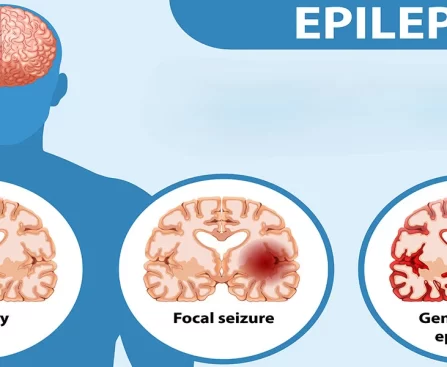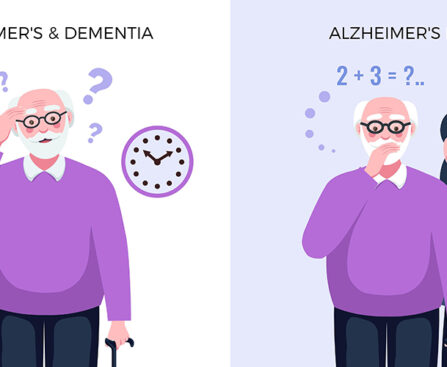Fat foods: or “fat-rich foods” refer to foods that are high in dietary fat content. Dietary fat is one of the three macronutrients essential for human nutrition, alongside carbohydrates and protein. Fat is a concentrated source of energy, and it plays several important roles in the body. Types of Fat Foods Dietary fats can be […]
Epilepsy: is a neurological disorder characterized by recurrent and unpredictable seizures, which are caused by abnormal electrical activity in the brain. These seizures can vary in severity, duration, and manifestation, and they may involve altered consciousness, convulsions, muscle spasms, or other unusual behaviors. Types of Epilepsy There are several different types of epilepsy, each characterized […]
Big Data: Refers to the vast and intricate collection of data that is too large and complex to be processed and analyzed using traditional data management tools and techniques. This data is characterized by its three main dimensions, often referred to as the three V’s: Volume: Big data involves massive amounts of information generated from […]
Alzheimer’s Disease: is a progressive neurodegenerative disorder that primarily affects the brain’s cognitive functions, particularly memory, thinking, and behavior. It is the most common cause of dementia, a general term for a decline in cognitive ability severe enough to interfere with daily life. The disease is characterized by the accumulation of abnormal protein aggregates, such […]
Blockchain Technology is a decentralized and distributed digital ledger system that records and stores transactions across multiple computers in a secure, transparent, and tamper-resistant manner. Each transaction is grouped into blocks, which are then linked together in chronological order, creating a chain of blocks. This technology’s key features include decentralization, transparency, security through cryptography, immutability […]
Respiratory Diseases: are a broad category of medical conditions that primarily affect the respiratory system, which includes the organs involved in breathing and oxygen exchange. The respiratory system consists of the lungs, airways (such as the trachea and bronchi), and other structures responsible for moving air in and out of the body. Respiratory diseases can […]
Indian Delicious Sweets: are a wide variety of confections, desserts, and sugary delicacies that are an integral part of Indian cuisine and culture. These sweets come in various forms, flavors, and textures, and they are enjoyed throughout the country on various occasions, celebrations, and festivals. Definition of Indian Sweets Indian delicious sweets are characterized by […]
Iodine Deficiency: is a health condition that arises when the body does not have enough iodine to produce sufficient amounts of thyroid hormones, primarily thyroxine (T4) and triiodothyronine (T3). These hormones are critical for regulating metabolism, supporting proper growth and development, and maintaining the health of the brain and nervous system. Iodine deficiency can lead […]
Insomnia: is a sleep disorder characterized by the difficulty of falling asleep, staying asleep, or obtaining restful sleep, despite having the opportunity to do so. It often leads to daytime symptoms such as fatigue, irritability, difficulty concentrating, and impaired functioning. Insomnia can be either short-term (acute) or ongoing (chronic), and its causes can vary from […]
The distinction between village food and city food primarily lies in the ingredients, preparation methods, cultural influences, and availability of resources. Here are some key differences: Ingredients and Sourcing: – Village Food: In rural areas, food often relies heavily on locally sourced ingredients, such as fresh vegetables, fruits, grains, and dairy products produced within the […]










